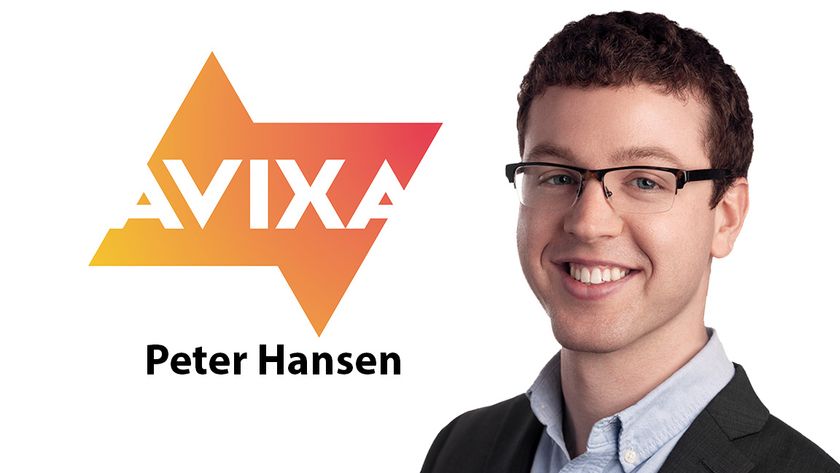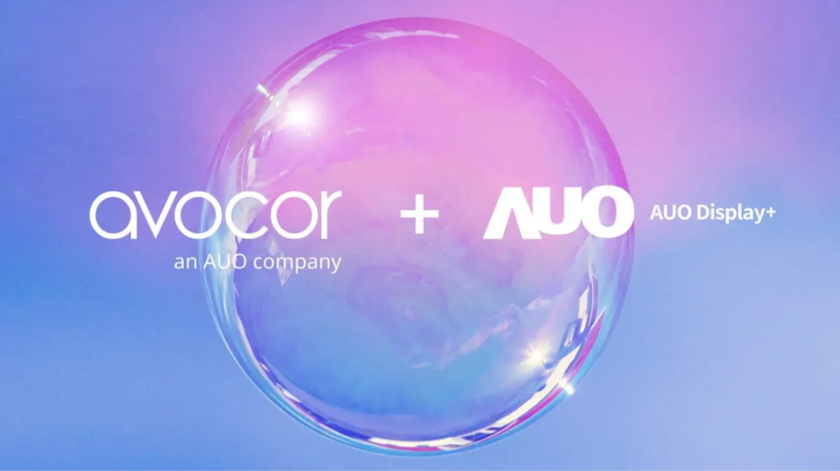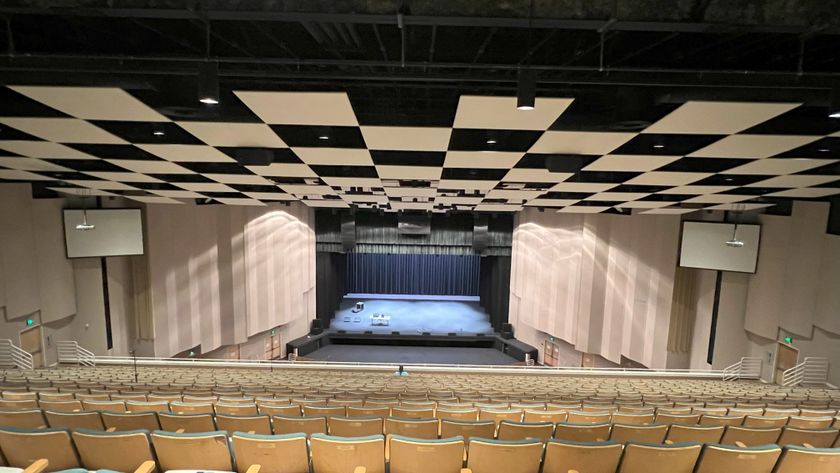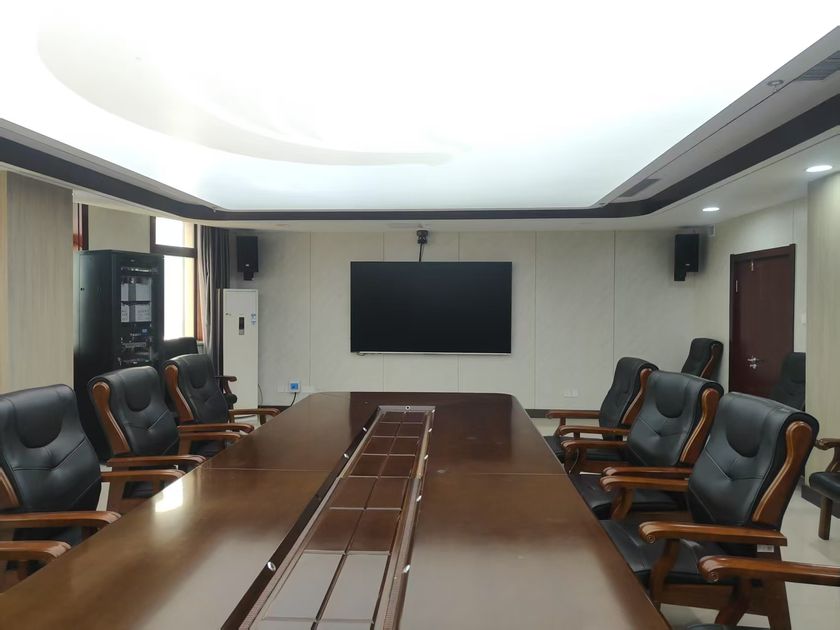The IABM (International Association of Broadcasting Manufacturers) Training Academy has launched two new training courses designed specifically for engineers working in the broadcast technology sector.
Each of the two-day courses, "Network Essentials for Broadcast Engineers" and "Compression Fundamentals and Applications," offers intensive training led by experienced trainers and experts in the field.
"The two new courses we're introducing today have been developed in response to feedback from broadcasters themselves, along with extensive industry research," said Steve Warner, training manager at the IABM. "These additions to the growing array of IABM Training Academy courses not only cover subjects that are basic and essential building blocks of AV environments, but also address the knowledge and skill areas that are essential in a rapidly changing global media business."
The "Network Essentials for Broadcast Engineers" course is a hands-on course that addresses the transition of the broadcast and media production world from a customized environment with dedicated interconnections between specific-to-function hardware to general-purpose hardware, bespoke software, and IP-based network interconnects.
"Network Essentials for Broadcast Engineers" will feature discussion of the core fundamentals representing the network infrastructure for interconnections in a file-based or streaming environment. The course also will cover the network's underlying communication infrastructure, as well as practical media applications for the network. In addition to addressing how networks function now, the course will prepare delegates for future changes that are inevitable with the transition from IP4 to IP6 and new technology becoming more cost-effective. This course will be offered in Reading, U.K., from Dec. 4-5.
The second course being introduced by the IABM Training Academy is "Compression Fundamentals and Applications." This course explores the role of compression as a fundamental building block of AV environments and how it enables functionality simply not possible with uncompressed media. Attendees gain a fundamental understanding of video compression and how the science can be applied to preserve and optimize image quality — an essential for success — in operational environments. This course will be offered in Reading, U.K., Dec. 11-12.










